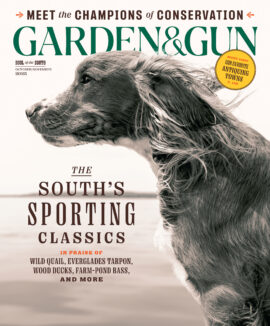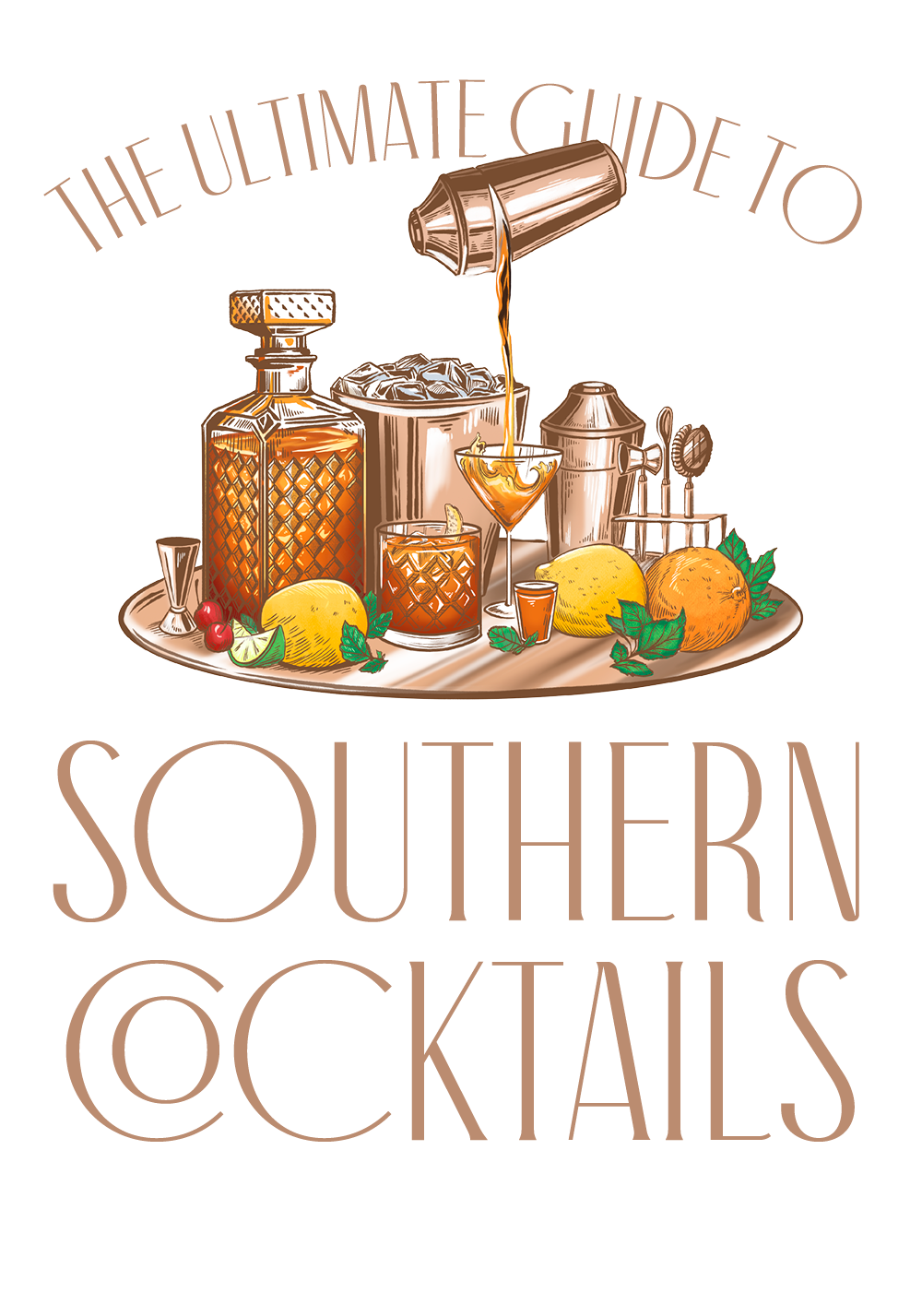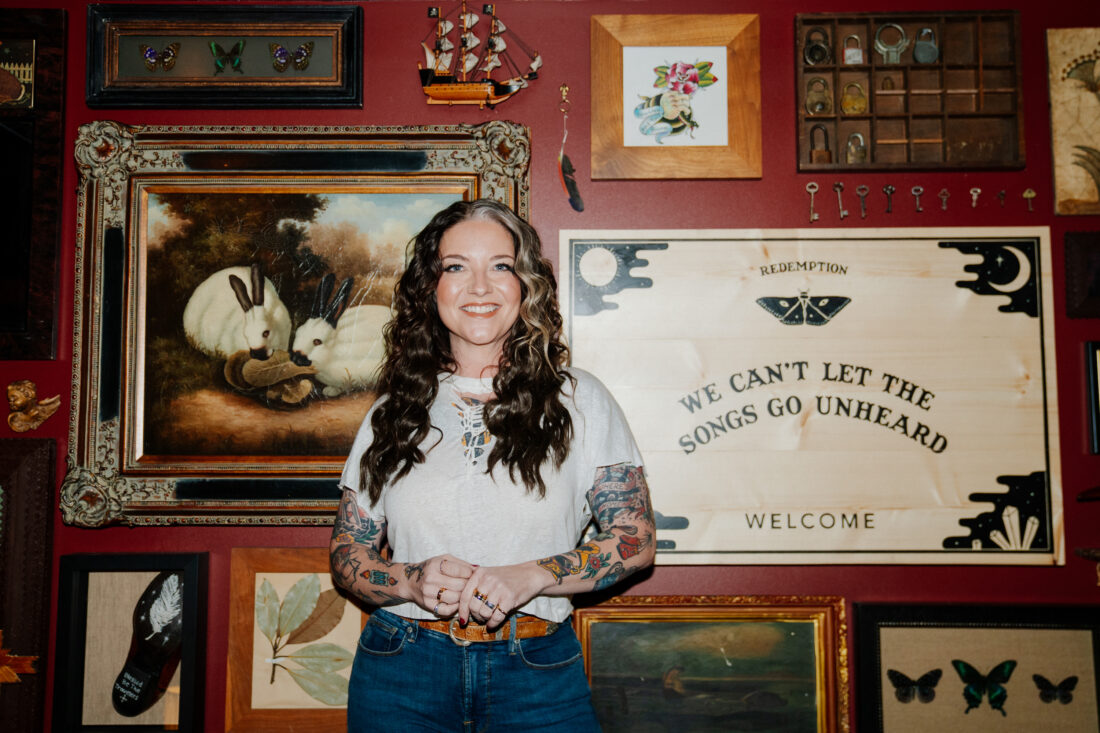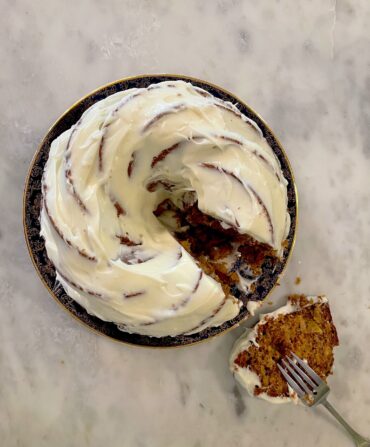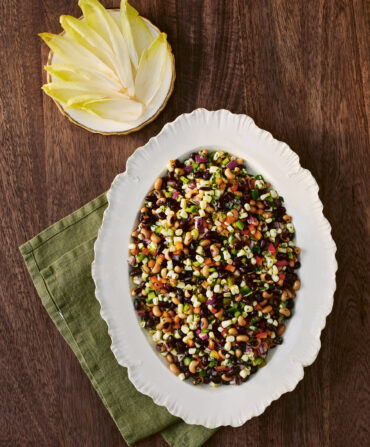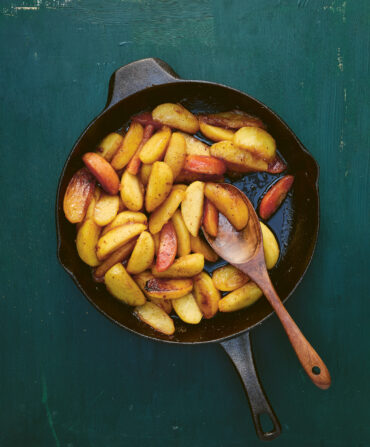If you’ve dared to walk on Lower Broadway in Nashville in the past ten years, you might have noticed things look a little more drunk. Once the gritty home to honky-tonks like Tootsie’s and Robert’s Western World (both still around, thankfully), the famed district is now lined with more than a dozen bars owned or affiliated with country music’s top stars—Garth Brooks, Blake Shelton, Miranda Lambert—and hosts thousands of revelers each weekend. So what do you do if you don’t drink? Enter Ashley McBryde and her Redemption Bar. Located inside her good friend Eric Church’s joint, Chief’s, the newly opened Redemption is a non-alcohol-forward bar, offering a bevy of craft cocktails without booze (or with, if you prefer). McBryde herself is nearly four years sober and was longing for a place to hang out and see music (the bar hosts singer-songwriter sets on its small stage). The timing couldn’t be better: The percentage of people who say they consume alcohol, according to Gallup, is at its lowest point in nearly ninety years, and the non-alcoholic drink space has exploded, with multiple NA beers coming from both mainstream and microbreweries as well as an array of NA spirits and wine offerings.
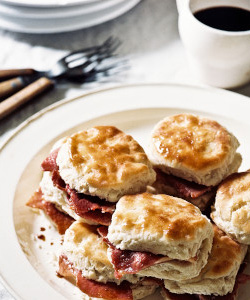
It’s been a big year for McBryde. The Arkansas native recently returned from London, where she performed during the Grand Ole Opry’s first-ever international show at the Royal Albert Hall, and she’s planning to release a new album in 2026, a project produced by pal John Osborne and recorded at his East Nashville studio. Below, McBryde talks about Redemption, getting sober, and why she’ll always be grateful to Dierks Bentley, and she shares a recipe for one of her favorite alcohol-free cocktails.
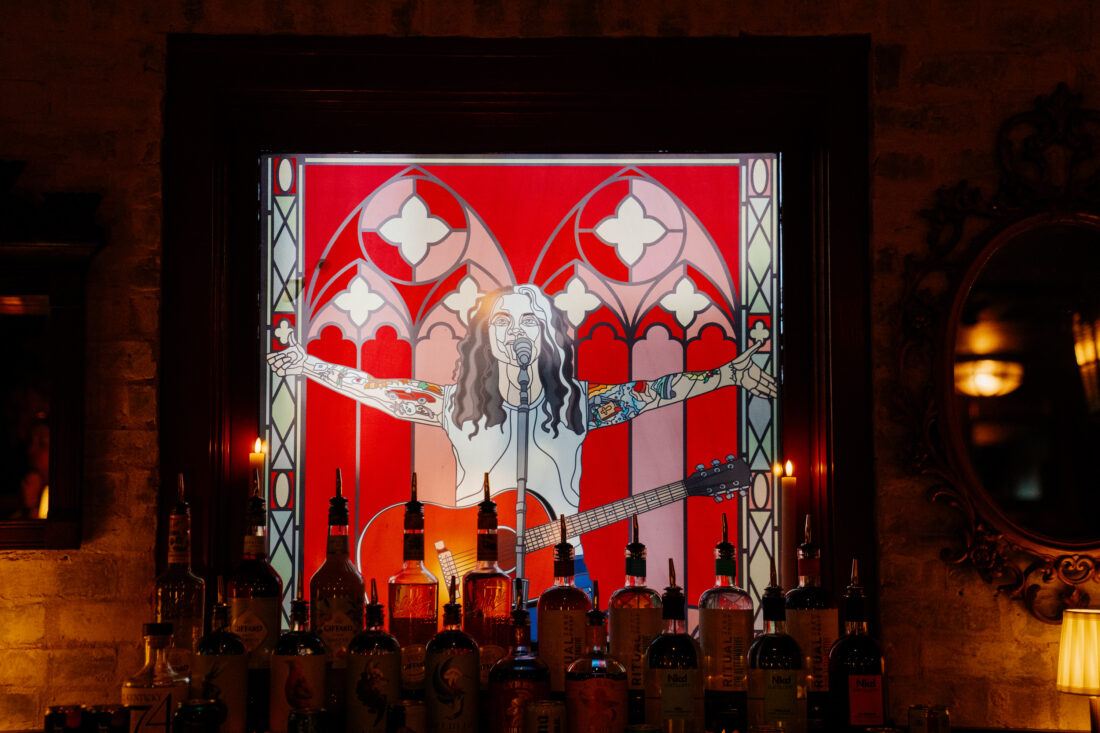
First off, how was London?
It was one of the most magical things I’ve ever been a part of. I’ve never thought for a second that the Opry would ever be broadcast anywhere except Nashville. London is such a good place for country music to grow. Watching Marty Stuart play “Orange Blossom Special,” just him and a mandolin, for 5,500 people in Royal Albert Hall and remembering seeing him play for 500 at the New Daisy Theatre in Memphis made everything come full circle for me.
So how did the idea for Redemption Bar come about?
When I was drinking, I was always at Miranda’s bar and then Chief’s. But I said to my manager one day: “Just to get ahead of it, I don’t want a bar, okay? Because I just quit drinking.” He understood. Well, fast forward to when he asks if I would be interested in doing a bar inside Chief’s. And I said, “Yeah, but I would want an NA bar.” He’s like, “I know. I figured that’s what you would say.” I couldn’t believe that was an option. I thought I would end up owning a tattoo parlor or a coffee shop.
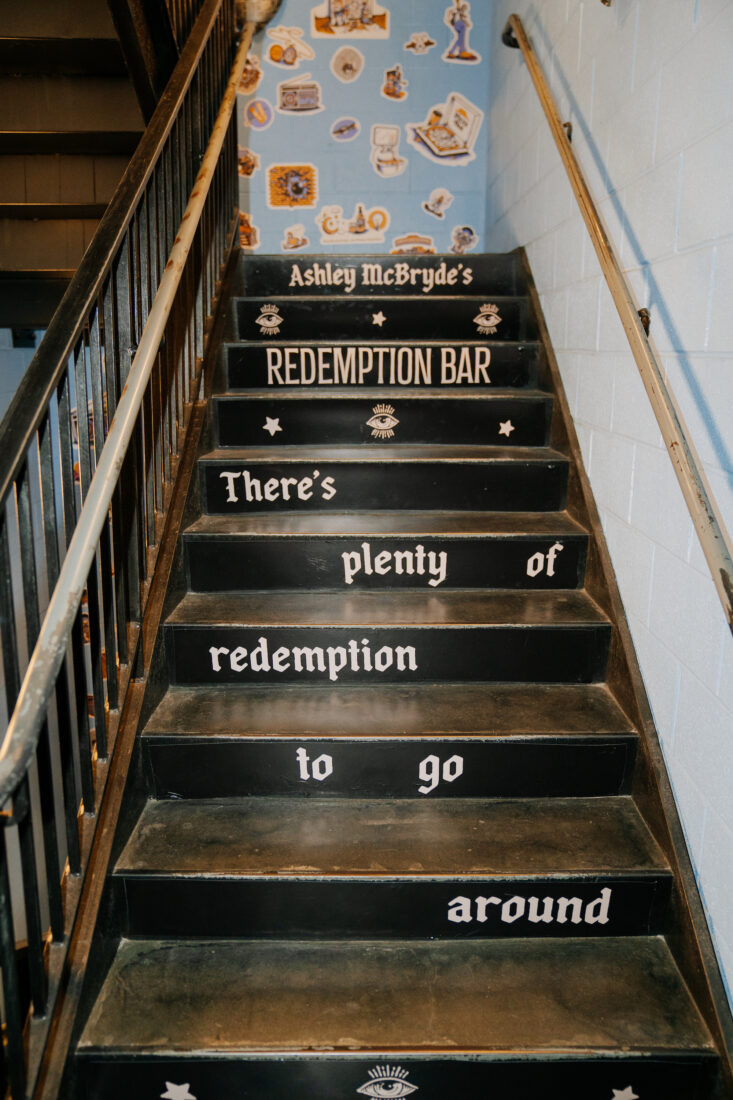
What’s been the reaction to it from your fans?
On opening night, I had a fellow come up to me and say, “When I decided to quit drinking, I lost my ability to make new friends. I lost the ability to network because there wasn’t a place for it, and tonight it feels like I get that back.” My brother even said when he was still dating, he could only go to [Nashville coffee shop] Frothy Monkey so many times. There wasn’t anywhere to go to experience incredible music without a bunch of drunk people slobbering all over you. This is a great spot where you can hear music without encountering all the other stuff. Don’t get me wrong, I love a good coffee shop, but it’s just not the same vibe as a bar.
And you’re taking a different approach to the live music component than most of the other places.
I’ve got songwriters and younger folks who tell me, “I haven’t played on Broadway because I don’t have the chops to play in one of those cover bands yet, but I can play on your stage because I am a songwriter and I can play some of my songs.” That opened up a whole other area of excitement for me. It feels like a place I would play, like a place I did play for more than a decade. What if, one of these days, I see somebody at a show who played a great set, and they say, “One of the first places I played when I moved to Nashville was on your little stage inside Redemption, and people were in there to listen.” That would be so cool.
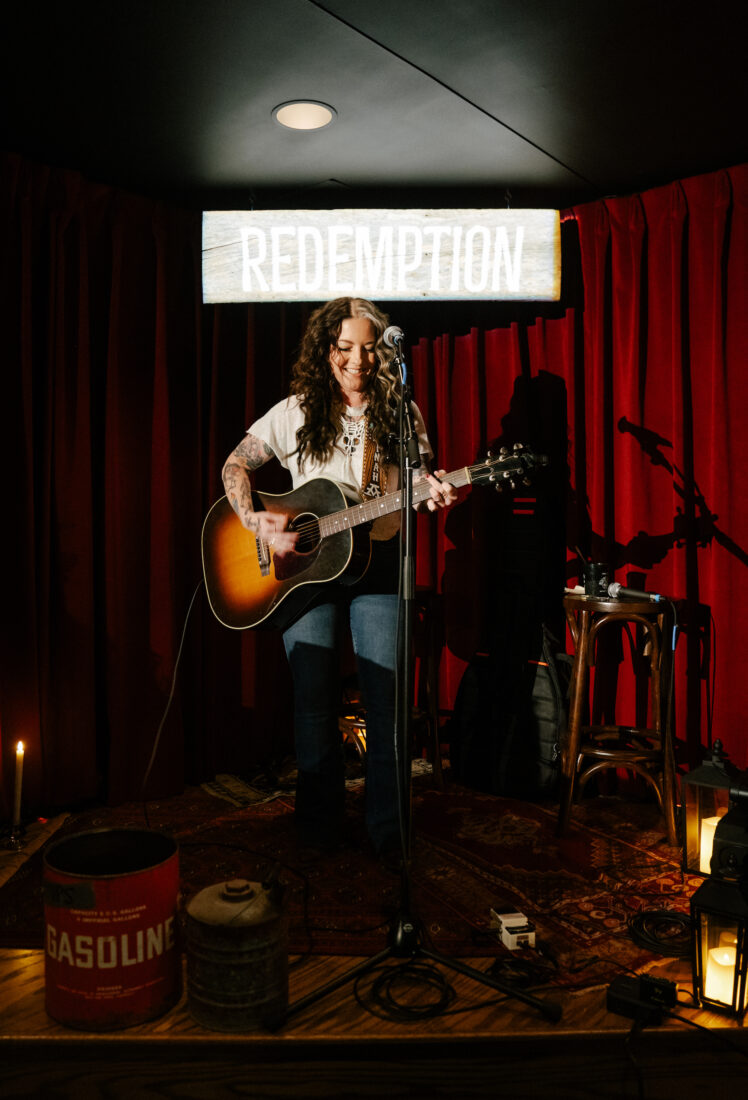
When did you decide to quit drinking?
There was probably three years’ worth of me flirting with it and trying and doing the whole “I’m sure I can do it. It’s not that big a deal.” So I would go twenty days sober and then screw it up again. But on this particular night, I was playing a set at the Titans stadium, and I had gone thirty days without a drink. All day, I managed not to drink the White Claw and the Miller Light backstage. But then I decided to have one drink right before my performance. Because, I mean, if I’m going to perform in ten minutes, what’s the worst thing that’s going to happen?
Famous last words.
Yep. The shortest version of the story is that I woke up the next day and I wasn’t at my house. I was wearing someone else’s pajamas, and my entire team was sitting in the living room waiting for me. I had no idea how much I didn’t have a handle on it.
Country music and alcohol are almost inextricably linked. How do you manage it now?
When I finished treatment, I left on Tuesday. On Wednesday I got on the bus, and on Thursday I played a show. So I went completely back into the mouth of the beast. But I told my team at the treatment center: “I know that your job is to help me avoid being around alcohol ever again, but what I need you to do is give me the tools to be around it on Thursday. You have to understand that what I do for a living, it is next to impossible to live a sober life, and so I just need to be able to stand next to someone who is drinking and not crumble.” It took a while, a lot of therapy, and a long time to be able to be comfortable.
Were your peers supportive?
I cannot say enough great things about Dierks Bentley, whose tour I was on at the time. His team asked no questions. They understood. And when I got back, they said, “Welcome back.” Nobody made it weird, and suddenly there were Heineken Zeros everywhere I went. Dierks was so cool. If he saw me get into an angsty position, where I was looking around and everybody was drinking, that dude would walk over and hand me a Starburst. He would be like, “Hey, you want some candy?” And I’d be like, “Oh, my God, yes. Thank you.”
You shared the recipe for your Earl Grey Old-Fashioned. What’s the origin of that?
That was inspired by a tea house in Spokane, Washington, called Revival. They had mocktails, all of which were tea-related. So if you had, like, a mule, it was a ginger-tea mule. And I’m a tea nut. I was a tea nut before I was living a sober life. I’m not a snob; I will drink whatever bag of Lipton you throw in the hot water as well. But I do love to drink myself a lovely tea.
Did you ever think about having the bar go completely NA, or is that just a bad business decision on Lower Broadway?
Yeah, I don’t know how that would do financially [laughs]. But I definitely want to promote the conversation between those who consume alcohol and those who don’t. We all want the same things. We want to hang out, have a good time, and get a buzz. The sober people get their buzz from the connection and the hanging out part. I’m getting messages like, “Thank you for a space where I can take my elderly mother to listen to music.” One of my co-writers texted me that her dad was finally able to see her play at Redemption because he’s been sober for twenty-five years. It makes me so hopeful for the future because Redemption doesn’t exclude anybody.

